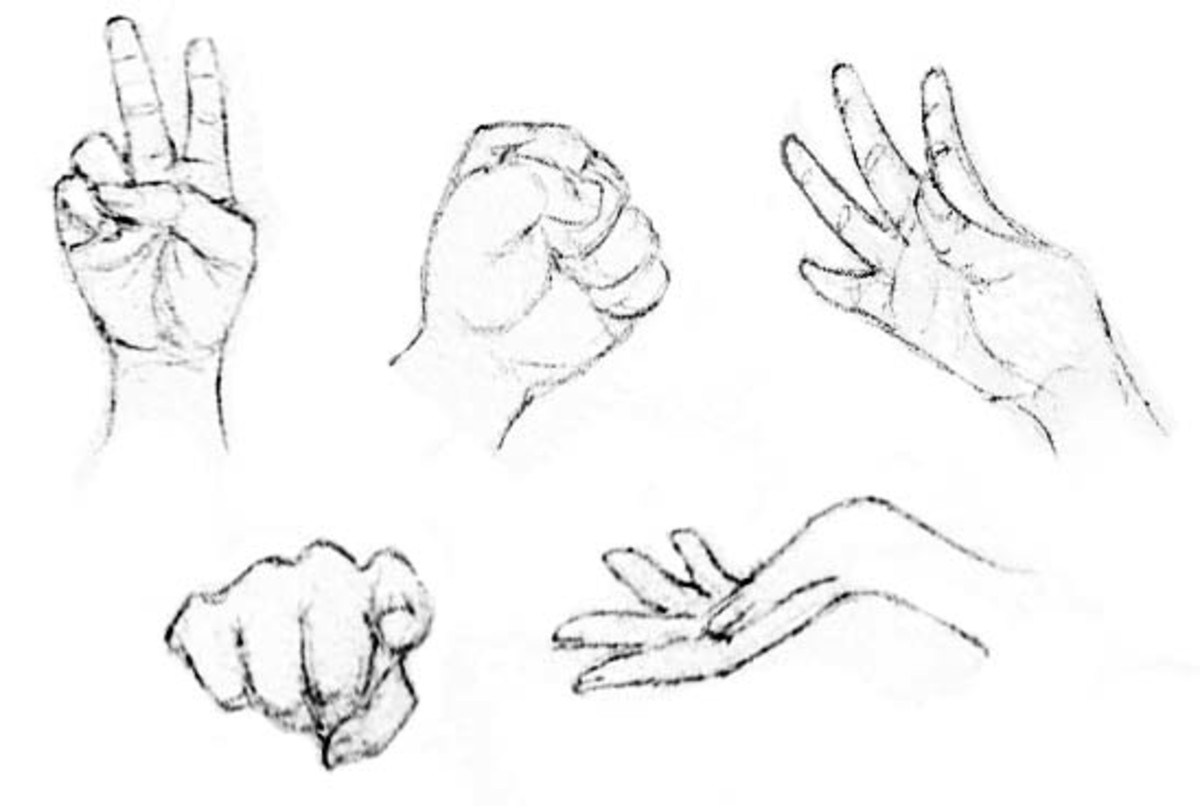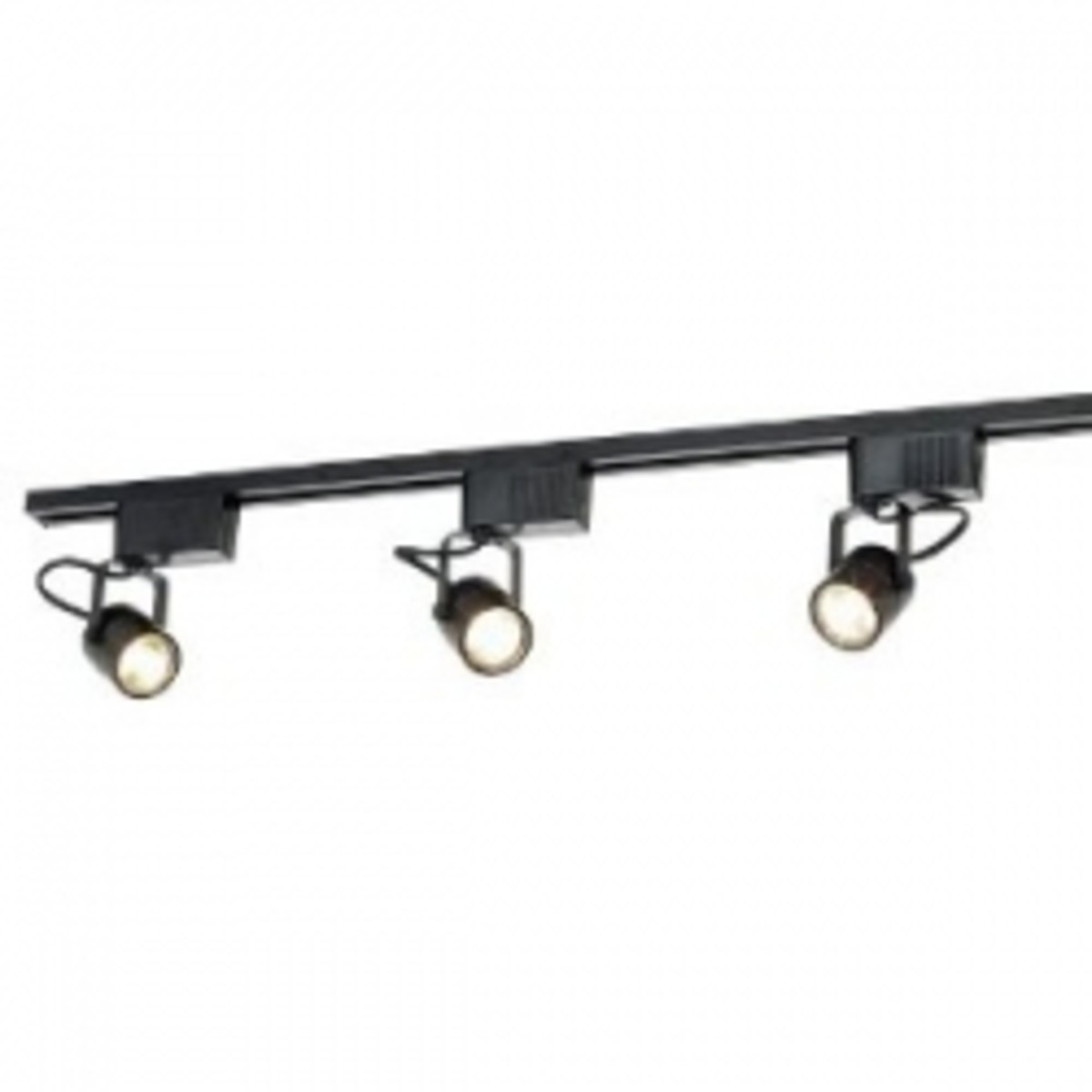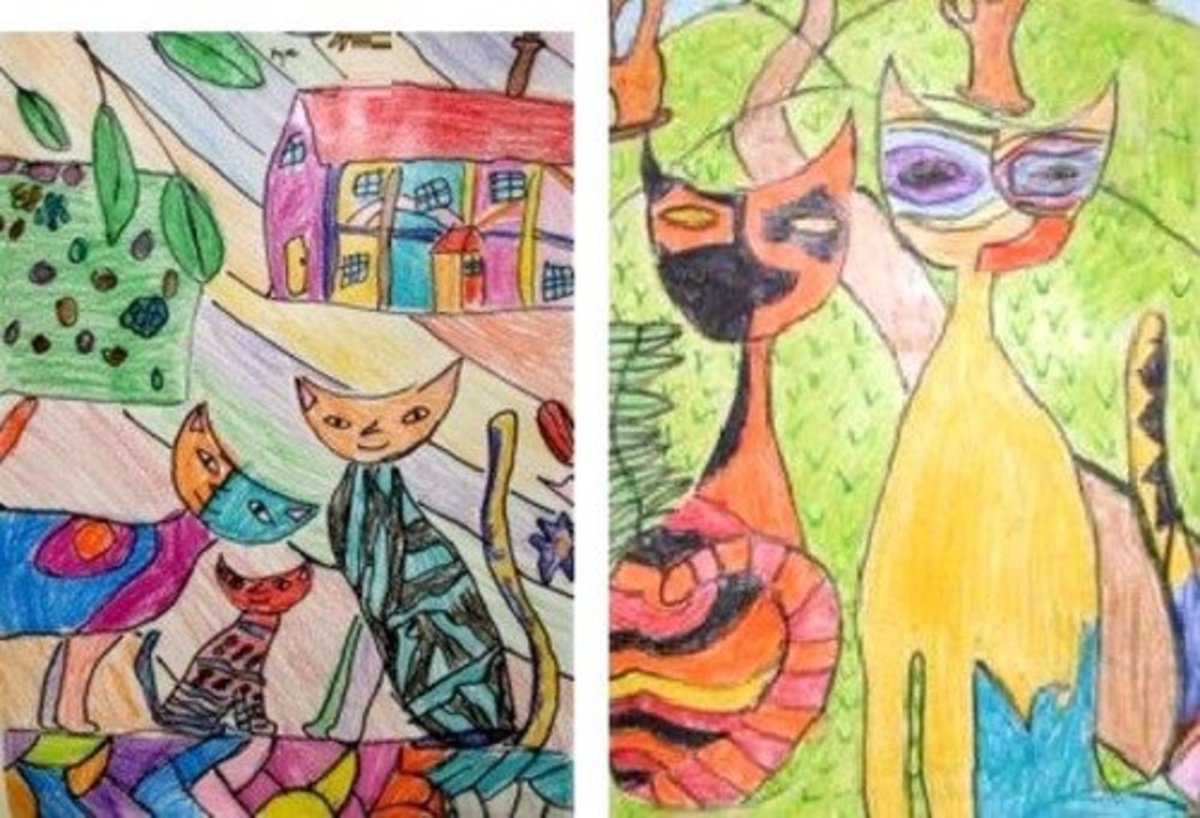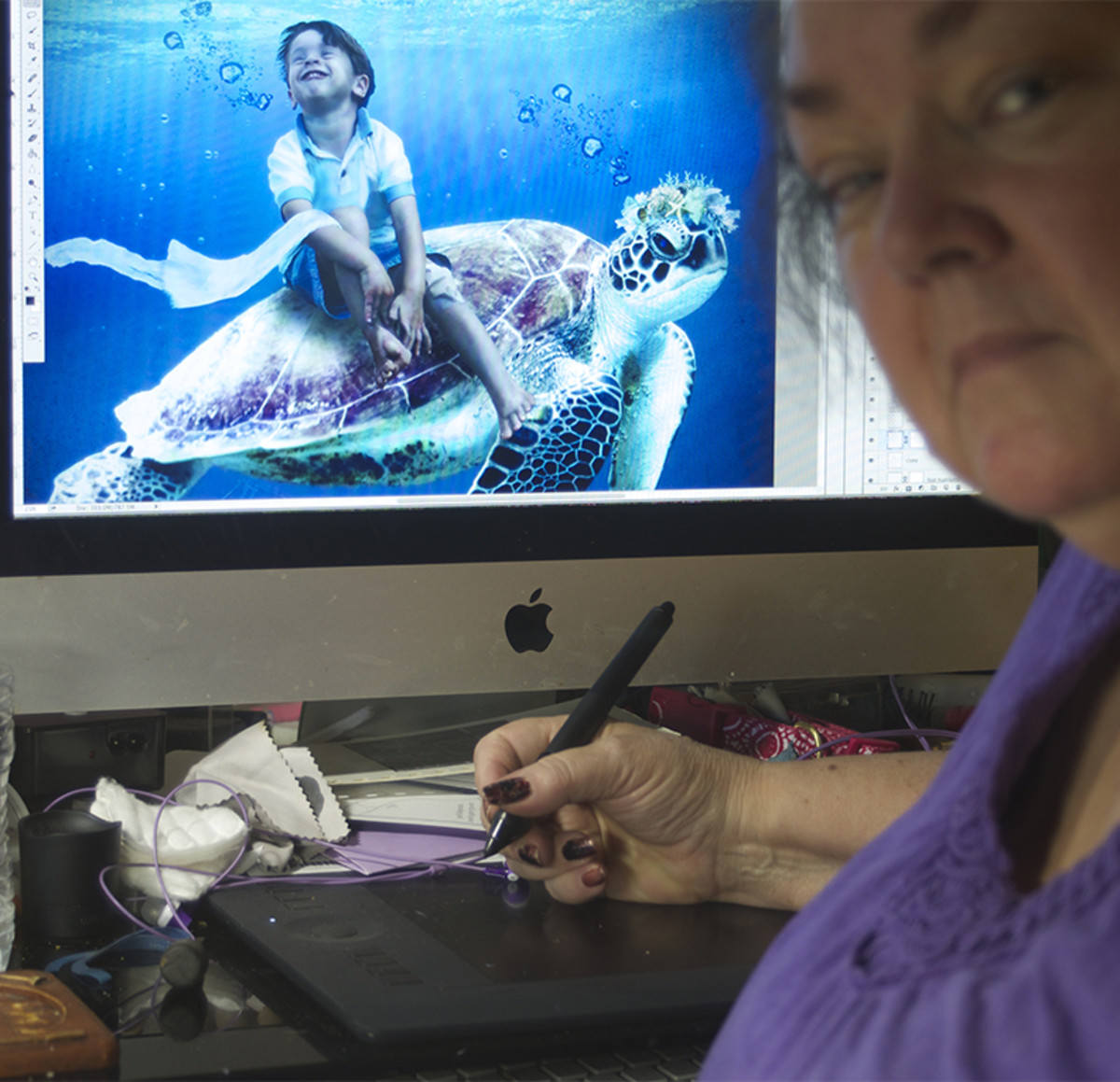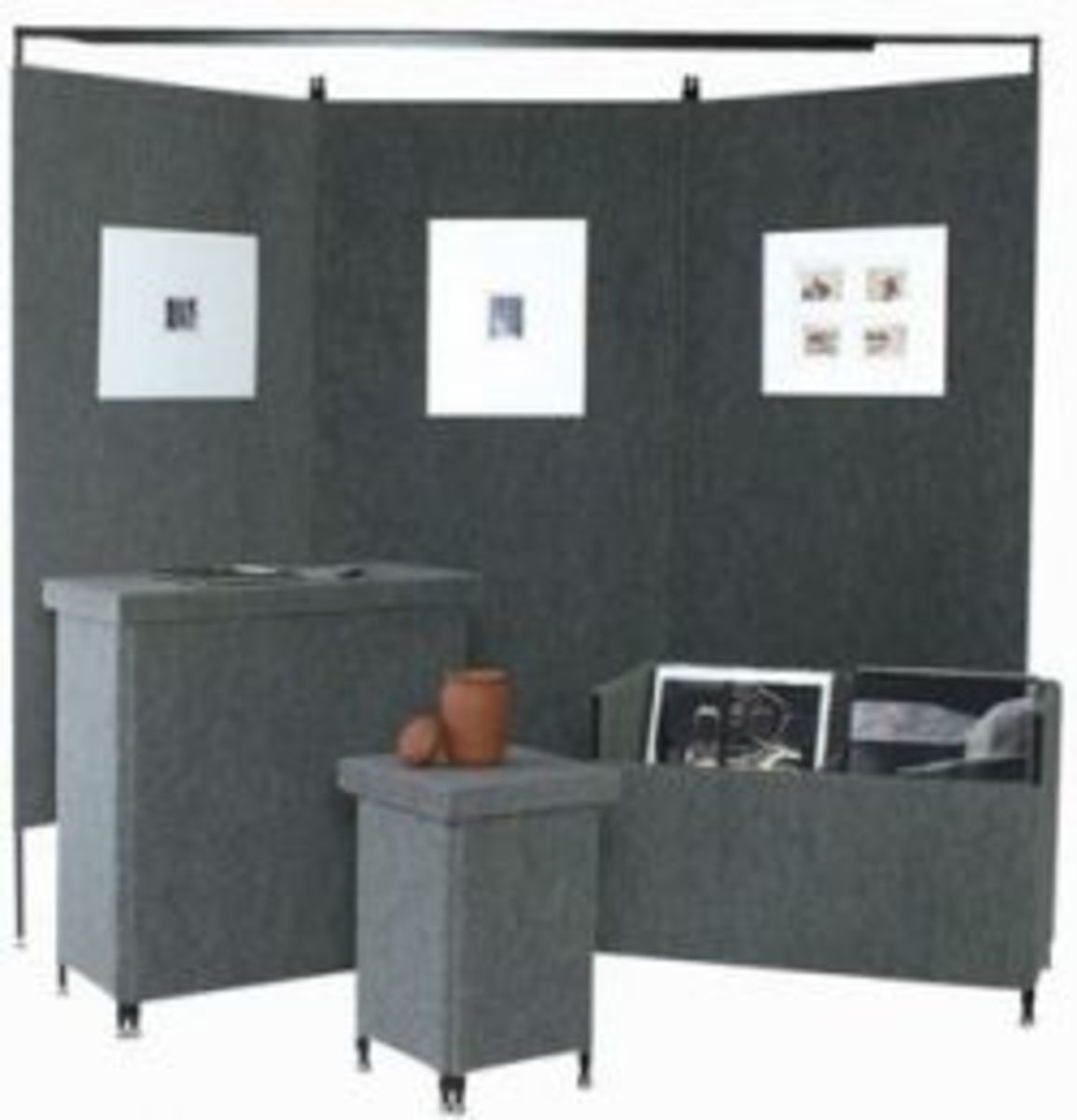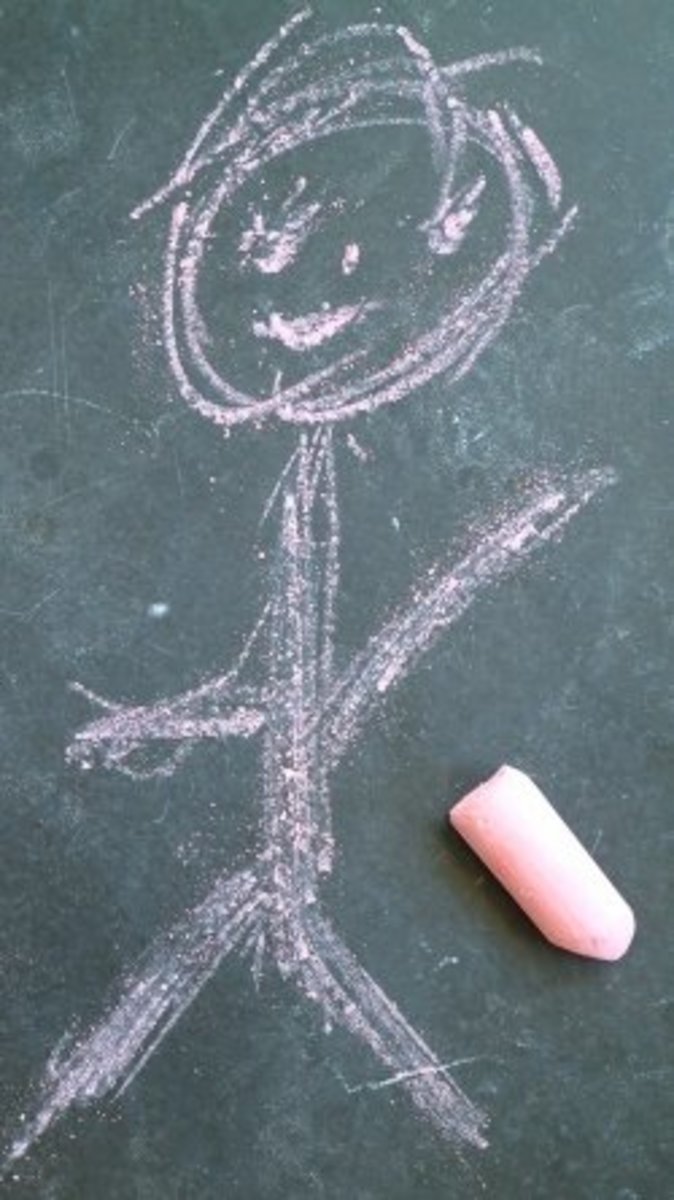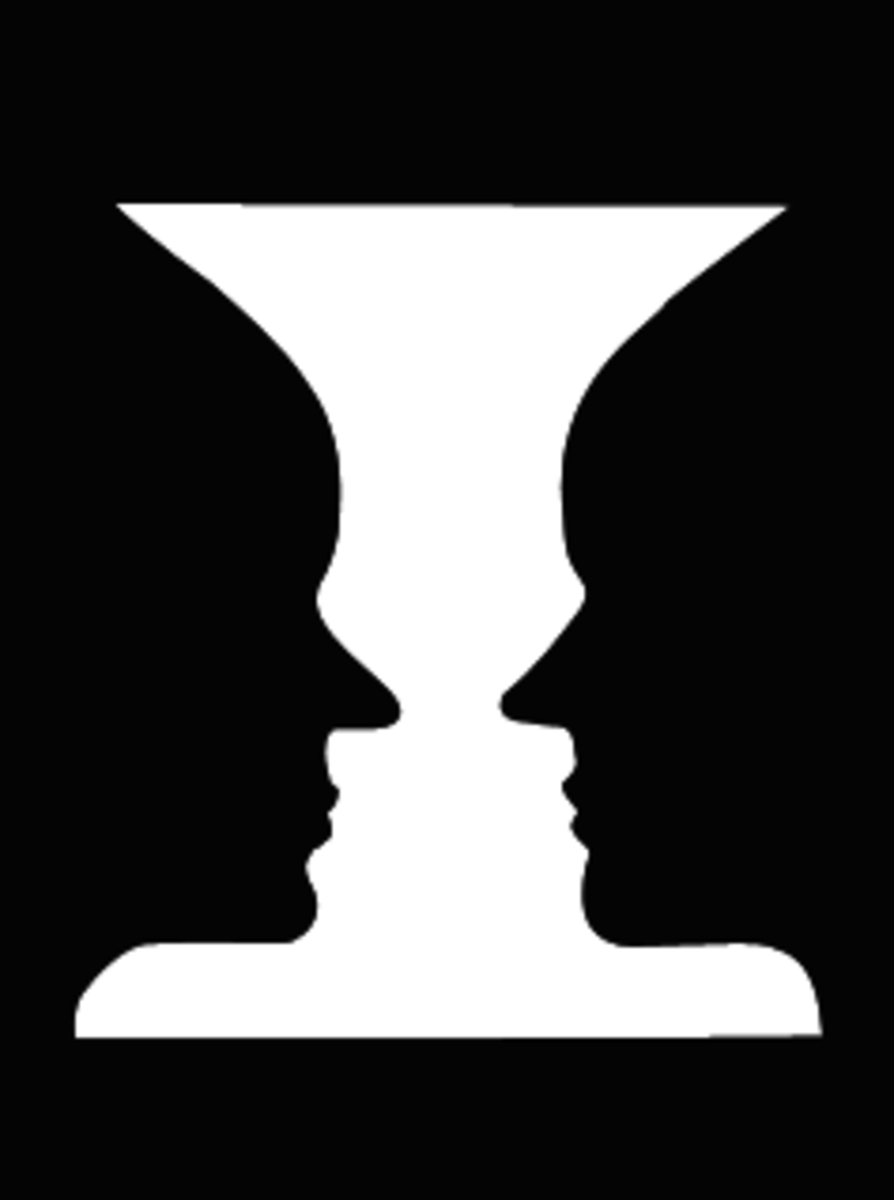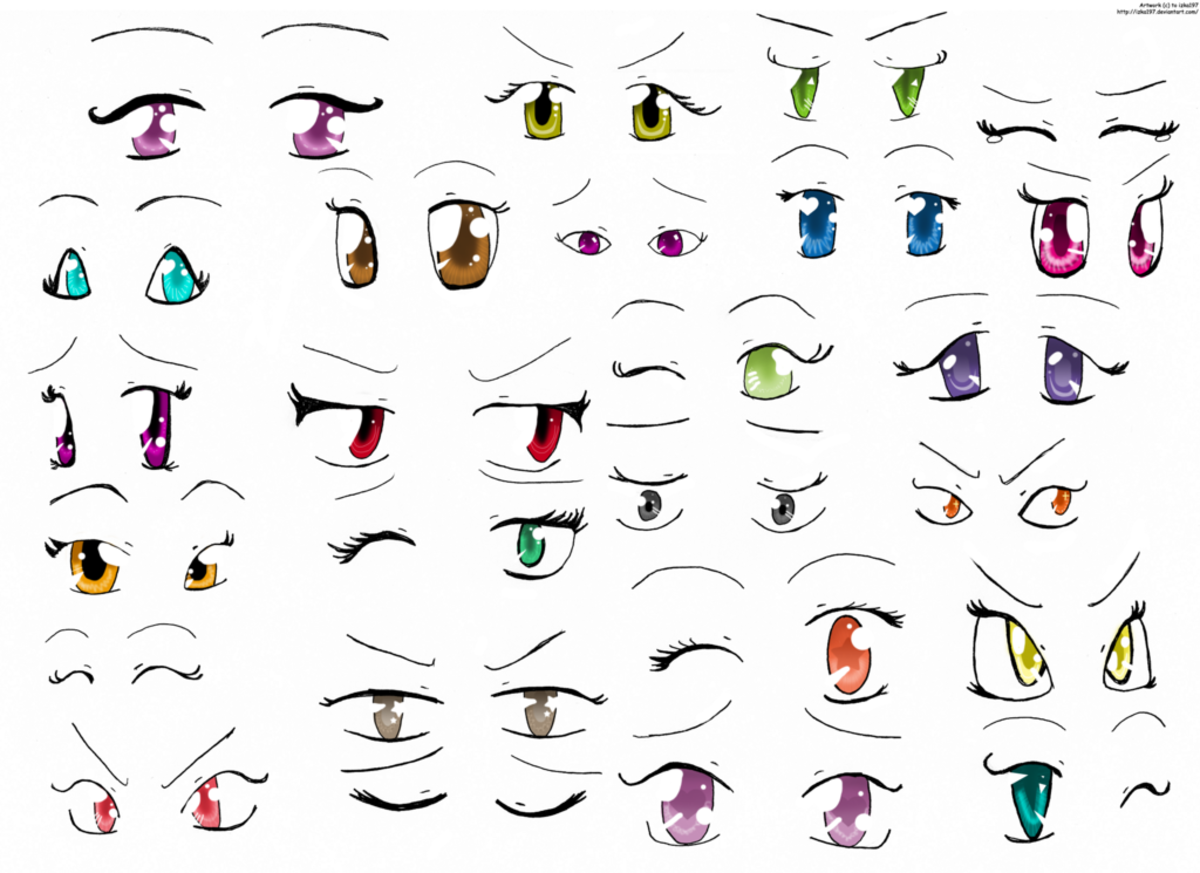Why Do We Create Art?
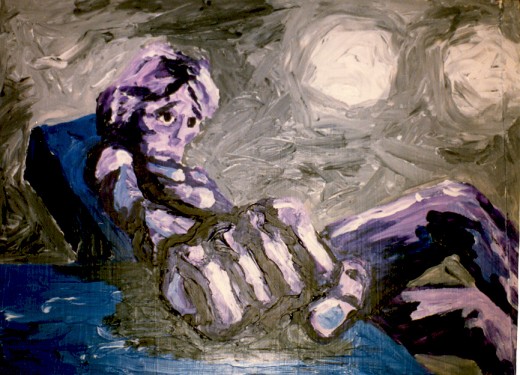
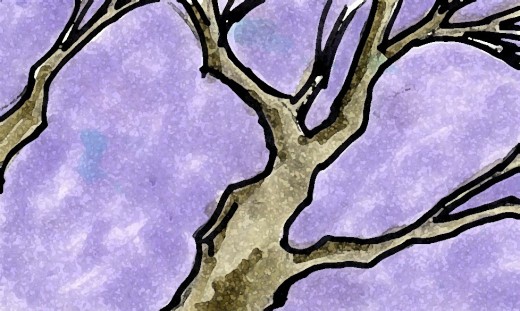
What does it mean to create?
There have been many folks on web sites, blogs, or Facebook pages that display artwork along with personal photos, including myself. I studied art at the University of Kansas, and have used art to progress various business concepts--usually to fuel ideas in marketing for places I've worked, and also in the field of training and development. I enjoy drawing and painting the human figure, landscapes, and fantasy images.
My interests in art and creating art force me to realize that these are fascinating times for a visual artist to be alive. The advent of the Internet is the greatest gift to artists since the invention of printing. Before that moment, an artist's work could only be viewed personally. There was no forum for mass production of a single work. An artist lucky enough to be compensated for their work typically was hired by the wealthy, and their work was viewed by whoever the owner wanted or allowed to see it. The introduction of printing changed all that, allowing art that was once only appreciated by the wealthy to be enjoyed by everyone.
The Internet has had the same effect. Now artwork can be viewed worldwide, limited only be the number of people who visit a particular site. Artwork can be sold online also, allowing creators to benefit financially without having to sell their souls to a printer, publisher, or gallery owner. Now the artist can sell their work her/himself. Never before in history has it been so possible for people to enjoy another person's talent, and it has never been easier for artists to benefit from their notoriety.
Everyone is continually creative in the context of their lives, but those who have chosen to dedicate their lives to creative work experience both unique joys and difficulties. So why do we draw? Is it to be recognized? Is it to share our particular talent with the rest of the world? Who benefits--the artist or the viewer, or both? Is it to express something inside ourselves, or to act as a catharsis? Is it to add value to the world of art through style, form or content? I draw and paint, but do not make a living at it. I use it when I can to augment a project or goal, but I do not make much money through art per se. So, why do I draw?
My answers will not be profound, and I may not reach any conclusions at all. First, I want people to like what I do. Subsequently, I do not draw ONLY for myself, although much of my portfolio has never been seen by anyone else. I guess that means I draw for recognition, even if that recognition is not widespread. Yet, I don't promote my art in an effort to be further recognized, and neither do many artists. I have certainly sold artwork over the years, but I do not try to make my art "marketable". Why not? I don't know. I use art as a tool to teach, whether demonstrating to others how to draw or to use art as an instructional tool in other areas. I'm not really a teacher, though. Many artists are captivated by a narrow expanse of subject matter, such as portraits or landscapes. Not me. I enjoy drawing the human figure, but I don't have a "specialty". I often draw for cathartic purposes, but I don't believe anyone who saves their art can view what they do ONLY as a purging of feelings or emotions. If artwork is only for release, why save art after it has been created? I like to believe the best of my work adds value to the world--that art makes the world a better place, and everyone who contributes in this way helps improve the world we live in. But, I may not be good enough to improve the world with every pen or brush stroke. So, should I stop drawing?
I cannot find a single purpose that guides me through the creative process. Perhaps I am some type of artistic hybrid, not embracing any one reason to draw so fully that it guides or even influences me. Many artists have a clarity I don't possess which allows them to become architects, graphic artists, educators, illustrators, advertisers, or painters.
Am I an artist because I have to be? Creativity is frequently misunderstood as a talent bestowed on people that flows through the individual to the canvas, paper, or clay. But I had to learn to be an artist. I had to discover and develop the skills I use to create--a painstaking process typified by long hours and hard work with few rewards beyond the joy of creating. There is also a joy to working, however, and human beings are compelled to engage in work (not to be confused with selling our time and energy for money). So perhaps it is a compulsion to work that forces me to create.
Without the clarity to understand my own actions, I can only fall back on one catch-all reason for producing art--it makes me happy to do it. And I guess that is enough. But is it? Should the creative process be larger than the individual? Is it enough that artwork exists only because creating made the creator happy?
My question goes out to professional artists, amateurs, and wanna-be(s). Why do you draw? Do you know why? Can you articulate it? If you are willing to talk about why you draw, please respond to this blog. And thanks for reading.

Read more Hubs about art and creativity
- Why Do Artists Create?
As a writer and artist, I frequently deal with the frustrations associated with making the visions inside my head real. Writing poetry or fiction or creating a new oil painting often presents setbacks and... - At the Edge: A Painting in Words
I was recently challenged by a reader to describe one of my paintings with words. The idea was to convey the same meaning with words that I suggested through colors, textures and images. I was asked to place... - Art Therapy as a Career and Practice
Since early man scratched crude images on cave walls, art has been a way to add beauty and meaning to our lives. For the artist, creating is a means of expressiona way to offer a tiny peek into ones... - A Brief Comparison of Aesthetic Objectivism, Relativism and Subjectivism
I was recently asked to define aesthetic relativism, objectivism and subjectivism and to offer pros and cons for each school of thought. Anyone struggling to understand art wonders why there are no... - What is Art? What is Not Art?
Recently I engaged in a conversation with a fellow alumnus of the University of Kansas School of Fine Arts, and we spent time comparing what we understood and appreciated about art, both as creators... - Five Conditions That Affect Your Creativity
Have you had days like this? You sit down in front of your computer determined to write 1500 words by noon. By 9:00 AM, that first word is yet to be written. At 9:30, you are looking to polish... - Art Trading Cards (ATC), Collage and the Fear of Drawing
Ive been considering branching out into some types of art I dont ordinarily work in. I have been producing Art Trading Cards (ATC) recently, and my fascination for these tiny pieces of art have... - Art Trading Cards (ATC): the Latest Trend in Art
It started in Switzerland in 1997 and took several years to reach the United States, but Art Trading Cards (ATC) has become a part of the fine arts landscape. These small cards are intended to be... - Painting Versus Music--The Financial Dilemma
Why do musicians achieve fame and fortune in their lifetime, while visual artists struggle for notoriety and the financial independence to support their creative endeavors? What makes the Rolling Stones... - Basic Elements of Cartooning
Cartooning encompasses many essential elements of successful drawings, but is typically employed in an overly simplified manner. Some of the simplest, most effective drawings we see or make are done by... - Drawing the Classic Marvel and DC Comic Heroes
My childhood included a love for 60s and 70s Marvel and DC comics, and my ability to draw originates in part from studying the stories I read in those days. Marvel Comics offered Spider-Man, Thor,...



